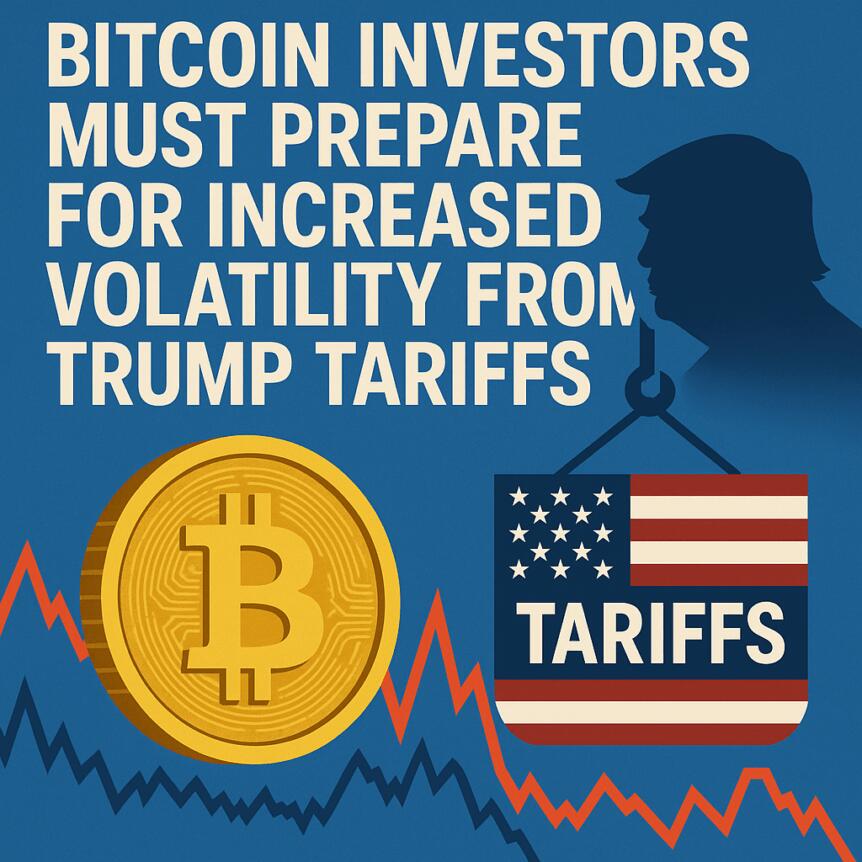Market Pulse
In a significant move signalling an escalating regulatory crackdown, India’s Income Tax (I-T) Department has reportedly initiated a comprehensive scan of offshore crypto wallets, with a specific focus on accounts held on the global exchange Binance. This intensified scrutiny aims to identify and bring to account undisclosed crypto profits belonging to Indian residents, underscoring the government’s resolve to widen its tax net beyond domestic platforms and ensure compliance within the burgeoning digital asset space. The implications for investors holding assets on foreign exchanges are substantial, prompting a renewed focus on tax declarations and regulatory adherence.
Expanding the Ambit of Tax Enforcement
Historically, tracing crypto transactions, especially those conducted on international platforms, has presented a formidable challenge for tax authorities worldwide. However, the Indian I-T Department is now leveraging advanced analytical tools and potentially international data-sharing agreements to overcome these hurdles. The move suggests a sophisticated approach to tracking digital assets across borders, pushing the boundaries of traditional tax enforcement. This development means that Indian investors who previously believed their offshore holdings were beyond the reach of local authorities may now face closer examination.
The I-T Department’s actions reflect a growing global trend where national governments are working to regulate and tax crypto assets, viewing them as legitimate sources of taxable income. For India, this marks a pivotal step in formalizing its approach to digital asset taxation, moving beyond mere policy announcements to active enforcement.
The Focus on Binance and Global Cooperation
Binance, as one of the world’s largest cryptocurrency exchanges by trading volume, naturally becomes a prime target for such investigations due to its extensive user base, including a significant number of Indian investors. The choice to highlight Binance suggests either specific intelligence or a strategic focus on platforms with substantial Indian participation. While specifics of the I-T Department’s methodology remain confidential, it’s plausible they are exploring avenues for information exchange with international counterparts or directly with exchanges, under mutual legal assistance treaties or similar frameworks.
This scrutiny also serves as a strong signal to other offshore exchanges operating in the Indian market, indicating that non-compliance with local tax laws, even through foreign platforms, will not be tolerated indefinitely. The global regulatory landscape is increasingly characterized by collaborative efforts to combat financial crimes and ensure tax transparency, making it harder for assets to remain truly anonymous.
Understanding India’s Crypto Tax Regime
India has a well-defined, albeit stringent, tax framework for virtual digital assets (VDAs). Under current regulations, any income derived from the transfer of VDAs is subject to a flat 30% tax rate, irrespective of the holding period. Additionally, a 1% Tax Deducted at Source (TDS) is levied on VDA transactions above a certain threshold. It is crucial for investors to understand these provisions:
- Flat 30% Tax: Profits from crypto sales are taxed at 30%, with no deductions allowed for acquisition costs beyond the cost of the asset itself.
- No Set-off for Losses: Losses from crypto transactions cannot be set off against any other income or carried forward to subsequent assessment years.
- 1% TDS: A 1% TDS is applicable on payments made for VDA transfers above specific thresholds, primarily aimed at tracking transactions.
- Gift Tax: Gifts of VDAs are also taxable in the hands of the recipient.
The current I-T drive focuses on ensuring that these provisions are applied to profits generated via offshore platforms, which many Indian investors may have overlooked or intentionally not declared.
Investor Response and Compliance Imperatives
For Indian crypto investors, this heightened scrutiny necessitates immediate action and a proactive approach to compliance. Transparency in financial dealings, especially concerning digital assets, is no longer an option but a mandatory requirement. Investors with undisclosed profits on offshore exchanges are strongly advised to consult with tax professionals to understand their obligations and consider voluntary disclosure mechanisms.
Non-compliance could lead to severe penalties, including hefty fines and prosecution under the Income Tax Act, 1961. This development is a stark reminder that the digital nature of assets does not exempt them from traditional tax liabilities and regulatory oversight.
Conclusion
The Indian I-T Department’s intensified focus on offshore Binance wallets for undisclosed crypto profits marks a significant escalation in global crypto tax enforcement. It signals a new era where national borders offer less protection for undeclared digital assets, compelling Indian investors to embrace full transparency and compliance with existing tax laws. As the regulatory landscape continues to evolve, proactive adherence to tax obligations will be paramount for all participants in the crypto market.
Pros (Bullish Points)
- Increased regulatory clarity and legitimacy for the crypto market in India, potentially paving the way for future institutional adoption.
- Ensures fairer taxation and a more level playing field for all crypto participants.
Cons (Bearish Points)
- Potential for forced selling by non-compliant investors to avoid penalties, creating short-term market volatility.
- Deterrence for new investors due to perceived complexity and strictness of compliance requirements.
Frequently Asked Questions
What specifically is the Indian I-T Department targeting?
The department is targeting undisclosed crypto profits held by Indian residents in offshore crypto wallets, with a particular focus on accounts on the global exchange Binance.
What are the current crypto tax rules in India?
Profits from virtual digital assets (VDAs) are taxed at a flat 30%, a 1% TDS applies to VDA transfers above certain thresholds, and losses from crypto cannot be offset against other income.
What should Indian investors with offshore crypto holdings do?
They should review their holdings, understand their tax obligations, and consider consulting with tax professionals to ensure full compliance and avoid potential penalties.



